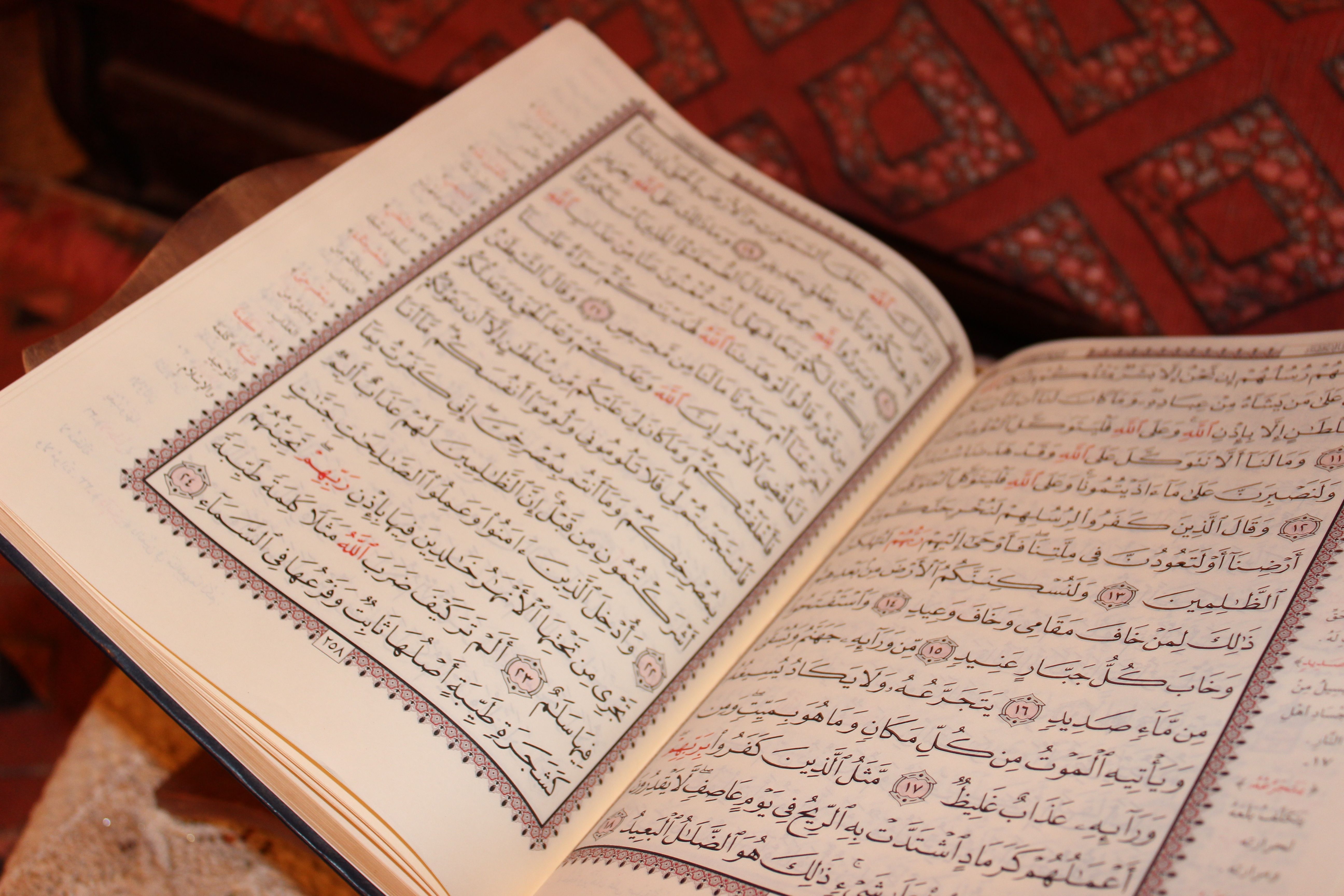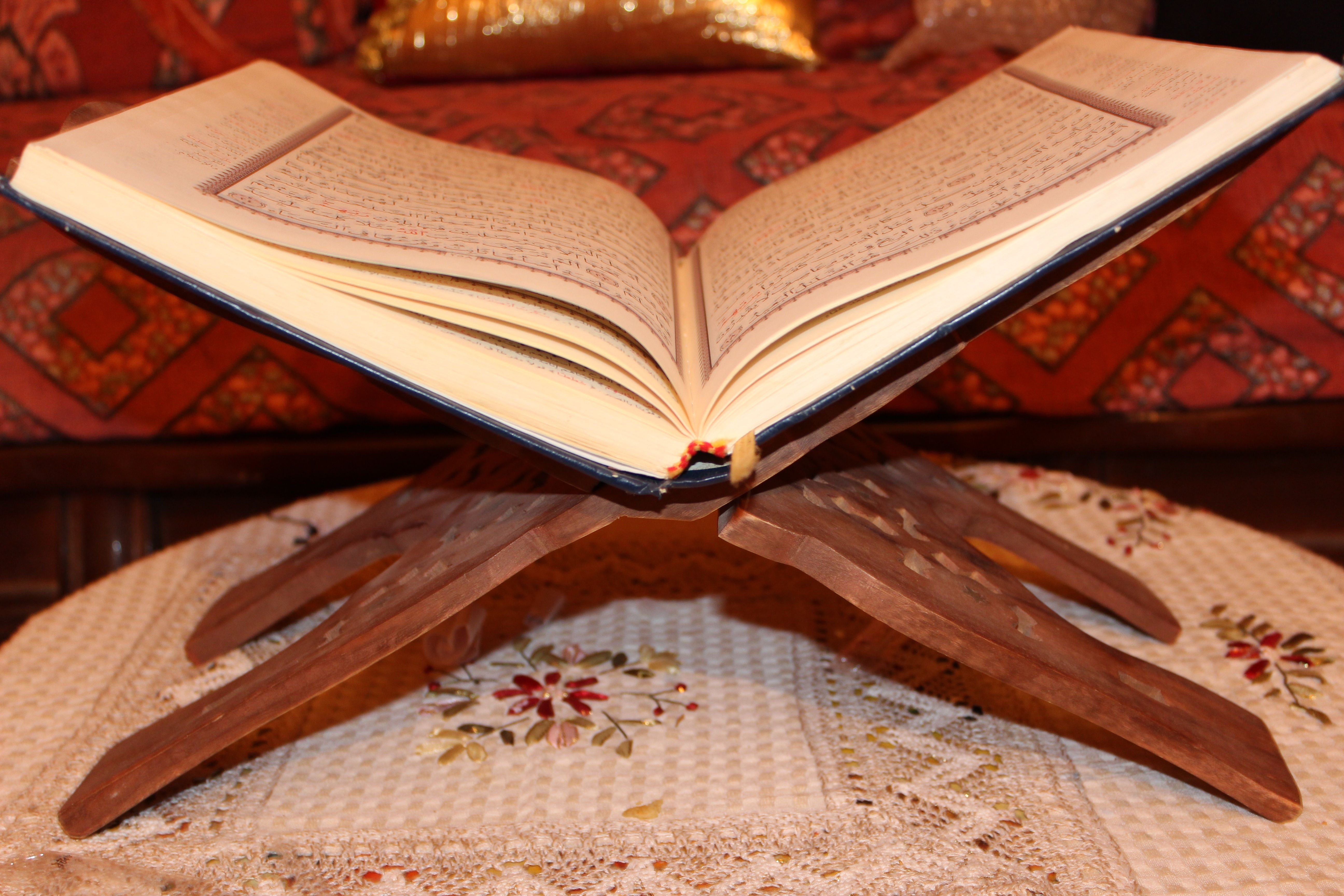الوشم في ظاهر اليد This line from a poem written by Tarafa Ibn Alabd dates to 550 AD and refers to women having “tattoos on the back of the hand.” Over 1000 years later, such tattoos are still found on the back of the hands of women here in Algeria, predominantly in the Aures Mountain region. This region has been historically inhabited by an Amazigh (also known as Berber) group called the Chaouia.
Among the Chaouia, tattoos were used as symbols of beauty for women or to give health. One elderly man told me that in his time men didn’t even look at women who did not have tattoos.
Tattooed women often tell me, “A woman without tattoos is not a woman.”
Yet, tattoos remain a cultural marker only for an aging and disappearing generation. The tattooed women I’ve met range in age from 70 to 90. The blue-colored shapes found on their foreheads, cheeks, chins, and sometimes hands and arms could completely vanish in this region in a matter of decades.
Once I realized the tattooing tradition had been around for such a long time, I was curious to learn why it stopped with an elderly generation whose daughters and granddaughters have no tattoos at all. I discovered reasons that included the absence of the nomadic women called adasiya who customarily gave tattoos and the growing influence of Islam, which prohibits tattooing.
Islam has been present in Algeria since the 7th century, yet only recently, after an increase in the literacy rate, has its impact on tattooing become evident. Though Chaouia is still a language of nearly 2 million speakers in Algeria, it is Arabic that is taught first in schools (with French being second). Arabic is also the language of Islam’s holy books, including the Quran and the Hadith. Only once literate did the region become aware of the Islamic prohibition.
One native Chaouia speaker, Om Hani Bishqa, responded that although she loves the Chaouia language, her favorite phrase is the Arabic: La ilaha illa Allah; “There is no God but God.” This phrase, the Shahada, is the first pillar of Islam.
In a chapter of the Quran, Surah Al-Nisa (4:119), it is said that Satan “will command them so they will change the creation of God.” It is then derived that the practice of tattooing is prohibited religiously (haram) because it permanently alters the body, considered God’s creation. Further, in Bukhari (from the Hadith), it is written, “The Prophet (peace be upon him) cursed the one who does tattoos and the one who has tattoos done. . . ”
In interviews with tattooed Chaouia women, the idea of the tradition being haram is given most often as the reason for its disappearance among new generations. Many with tattoos have also been told by friends, family, or religious leaders to give sadaqa (voluntary charity) to absolve the sin of having tattoos.
While recently walking in a neighborhood in Batna, I came across an old woman who had strikingly visible tattoos on her face. When I explained I was doing research on the tattoos and thought hers were particularly beautiful she shook her head in disbelief. She told me they were haram and pointed to her gold bracelet, saying she had given others like it as sadaqa. Another woman said that, as a way to ask for forgiveness, she wiped her face with a wool cloth which she then took with her on the hajj, the religious pilgrimage to Mecca.
Among tattooed women, there is also a form of repentance that is not derived at all from Islam, but rather culturally by word of mouth. It is said that forgiveness for tattoos on the forehead is granted through prayer and for tattoos on the cheeks through tears.
Additionally, for those who can afford it, complete laser removal is an option. Although I have not met a woman who has tried this, I have been told of family members who have undergone the costly procedure in Algeria and in France.
Still, for many, the tattoos remain as they were, not viewed as something to lament but rather a symbol of beauty from which women often derive confidence and happiness.
“I like them. The end. The end,” Nua Azooz said.



